June 25th 2023 – An Evening at the theatre with Stephen Sondheim
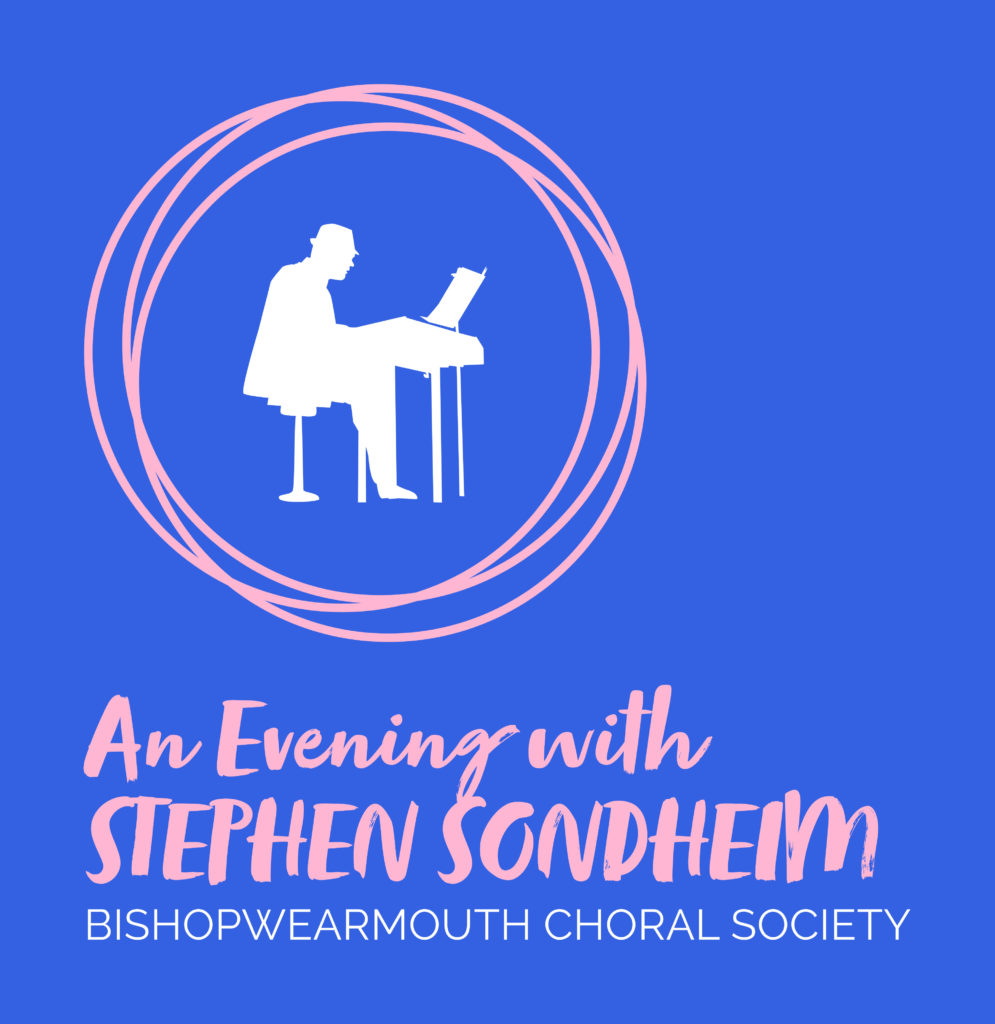
In a new venture for the Society, a Sunday evening concert in The Fire Station, starting at 7.30 p.m. and under the direction of David Murray.
Tickets £20.00, with online ticketing via the Fire Station website or at their box office, which is open Wednesdays to Saturdays – phone lines 2 pm to 6 pm, counter 4 pm to 6 pm. Ticket Office will also be open for in person sales when there is a performance from 6 pm.
Lyrics by Stephen Sondheim
Music by Stephen Sondheim, Leonard Bernstein, Mary Rogers, Richard Rogers & Jule Styne
Soloists
Laurie Ashworth, Sally Johnson, Nick Hurndall Smith, & Terence Ayebare
Pianists – Eileen Bown and David Murray
This concert is a revue showcasing the music and lyrics of the undoubted giant of American Musical Theatre, Stephen Sondheim. It celebrates the large body of work he had produced from the outset of his career, when he was a lyricist for Jule Styne’s show ‘Gypsy’, and more famously Leonard Bernstein’s ‘West Side Story’.
He had also had a whole raft of shows in his own name – some of them are remembered – for example ‘A Little Night Music’, ‘Follies’, ‘A Funny thing happened on the way to the forum’ and ‘Company’. Some of them are not, but the songs live on in their own right as little masterpieces.
Astonishingly this revue, created in the mid 1970’s, was written before the emergence of his greatest works, in the form of ‘Sweeney Todd’ and ‘Into the Woods’, so we’ve added more material to bring things up to date, and we’ve also rewritten the libretto which connects all the songs together.
So why wasn’t his rise to the top of musical theatre more meteoric? Its easy to look back in hindsight and say this, but its clear now that his words were often too clever, too subtle, for the audiences steeped in a tradition of Rogers and Hammerstein etc, and his subjects were so often based around his own very cynical view of the success of human relationships. So people didn’t fall in love and live happily ever after. His treatment of this dim view of humankind can be both incredibly funny and incredibly sad as the context of the song changes within the drama.
The songs you hear will make you laugh and make you cry – they are about life. They are often provocative, racy, slightly outrageous. And to return to why his success wasn’t immediate, the shows were simply playing in the wrong theatres to the wrong audiences. Its no surprise that now much of his work finds itself in opera houses where the complexity of his music can be taken on board more easily not only by opera companies but also by their audiences.
The ‘cast’ consists of four singers,(who also introduce the songs and put them in their context) as well as delivering some very funny anecdotes) two pianists, and Bishopwearmouth Choral Society .
Come, sit back and enjoy.




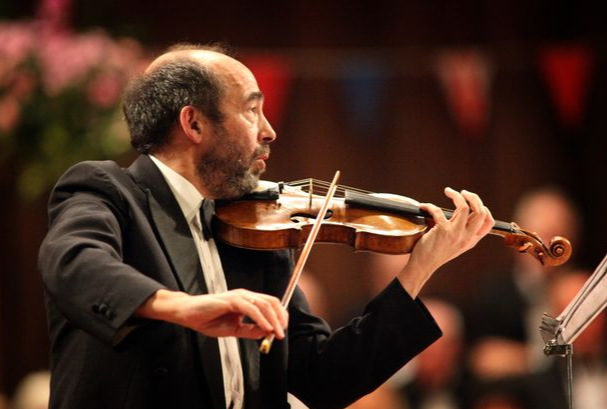


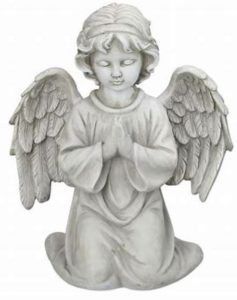

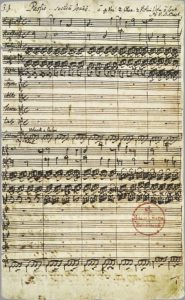 The original Latin title Passio secundum Joannem translates to “Passion according to John”. Bach’s large choral composition in two parts on German text, written to be performed in a Lutheran service on Good Friday, is based on the Passion, as told in two chapters from the Gospel of John (John 18 and John 19) in the translation by Martin Luther, with two short interpolations from the Gospel of Matthew. During the vespers service, the two parts of the work were performed before and after the sermon.
The original Latin title Passio secundum Joannem translates to “Passion according to John”. Bach’s large choral composition in two parts on German text, written to be performed in a Lutheran service on Good Friday, is based on the Passion, as told in two chapters from the Gospel of John (John 18 and John 19) in the translation by Martin Luther, with two short interpolations from the Gospel of Matthew. During the vespers service, the two parts of the work were performed before and after the sermon.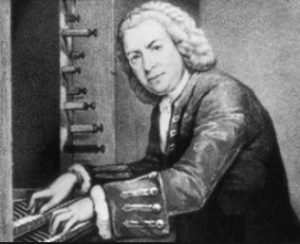 it was first performed on Good Friday of 1724 in the St. Nicholas Church, shortly after Bach’s 39th birthday. Bach quickly agreed to their desire to move the service to St. Nicholas Church, but pointed out that the booklet was already printed, that there was no room available and that the harpsichord needed some repair, all of which, however, could be attended to at little cost; but he requested that a little additional room be provided in the choir loft of St. Nicholas Church, where he planned to place the musicians needed to perform the music. The council agreed and had to send out a flyer announcing the new location to all the people around Leipzig!
it was first performed on Good Friday of 1724 in the St. Nicholas Church, shortly after Bach’s 39th birthday. Bach quickly agreed to their desire to move the service to St. Nicholas Church, but pointed out that the booklet was already printed, that there was no room available and that the harpsichord needed some repair, all of which, however, could be attended to at little cost; but he requested that a little additional room be provided in the choir loft of St. Nicholas Church, where he planned to place the musicians needed to perform the music. The council agreed and had to send out a flyer announcing the new location to all the people around Leipzig!